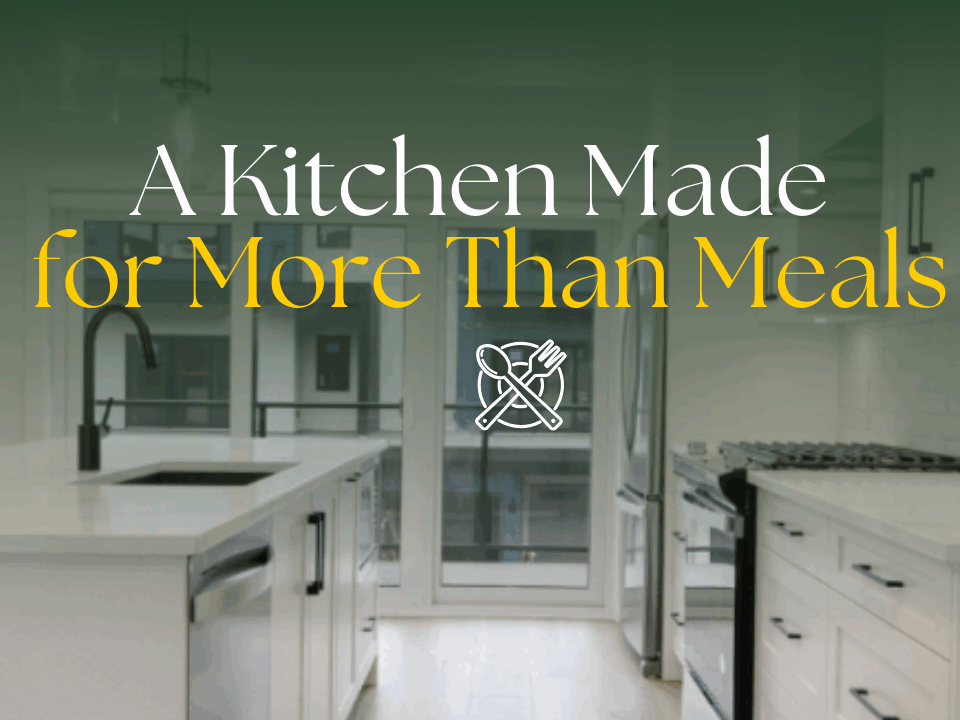Youthful Buyers Spike Home Sales
2013-11-08Strongest October in 4 Years for Home Sales in BC
2013-11-15Is your home or investment property due for a mortgage renewal? This article is very informative, and sheds light on what your options are. Depending on each individual, you might be recommended to sit with a financial planner to get an unbiased opinion on the best option for yourself. Paying down the capital is the main goal, and knowing all of your options will be beneficial in the long run.
What Mortgage will work best for you?
The mortgage came up for renewal recently on a rental property we own and, like most Canadians, we were faced with a big decision.
Being a financial planner, I probably spend more time than most running the different numbers for every possible scenario and while nothing is guaranteed, there was a clear winner in my mind. I want to share the numbers I ran for our property and how my decision process worked.
The first option we looked at was a five-year fixed term. The main benefits to the fixed term are having your rate locked in and not having to worry about a rate increase, or your payment amount changing.
After shopping around, we saw the going rates for this option were around 3.79 per cent.
With $180,000 owing on this mortgage and a 20-year amortization period, that would equate to a monthly payment of $1,068. Over the next five years we would pay $30,870 in interest and we would owe $146,779 at the end of the term. We then compared the fixed term to a five-year variable option. The obvious initial benefits of a variable rate are a significantly lower interest rate.
While many people are worried about using a variable rate, the cost savings can be enormous. Lenders (at the moment at least) are as unsure as the rest of us as to where rates are going, so many are a lot more eager to use variable rates right now.
In order to drive more mortgages to this option, they are offering larger discounts and the best rate we found was prime minus 0.4 per cent – which currently comes out to 2.6 per cent.
Over the course of a five-year term with the same numbers outlined above, this would equate to a monthly payment of $963.
If we were to make the same $1,068/month worth of payments, the difference would be going directly against the principal as well.
With that in mind, and if rates stay the same, we would end up paying $20,603 worth of interest over the five-year term and would owe $136,486 at the end of the term – just over $10,000 less owing in five years time.
Rates will not likely stay fixed for the entire five years, but chances are good when they do finally start going up, it will be small increases at a time.
It’s important to remember with the variable rate option, the rate can go up and to be honest, it most likely will sometime in the next five years.
The question is how much will it go up and how soon? Just to break even with the fixed-term option, the prime rate will have to climb 1.2 per cent and while there are no guarantees, the odds of that happening anytime soon are rare.
The entire time between now and when rates do go up at least 1.2 per cent, we’ll be paying down more against the capital still owed. Even if the prime rate reaches 4.5 or five per cent four years from now, we will still have paid off far more of what we still owe and will be significantly farther ahead at the end of the term.
For us the choice was simple and we decided to go with the variable option at this time. Having said that, each person’s situation is different and it’s important not to take this advice too hastily and automatically go with the variable term for your own mortgage.
For those on a tight budget who really need to ensure their payment amount won’t change, a fixed term may still make sense.
You should sit down with a certified financial planner who can give you independent, unbiased advice on what option works best for you and what rate you should be willing to accept from a lender.
Watch for next week’s article where I will continue with tips to help set up a mortgage that’s right for you.
Brett Millard is a certified financial planner and owner of SPEIR Wealth Management Inc.
Article from the Daily Courier, Kelowna




